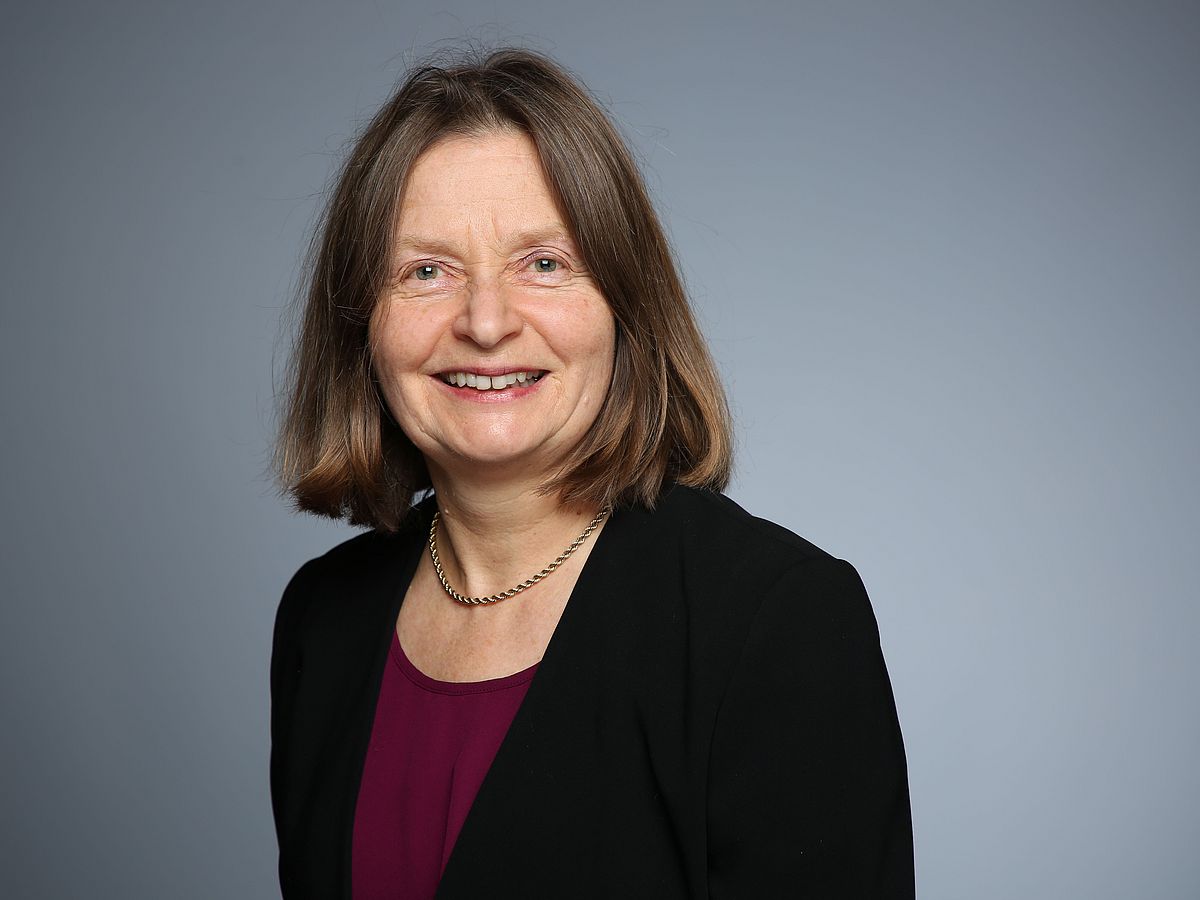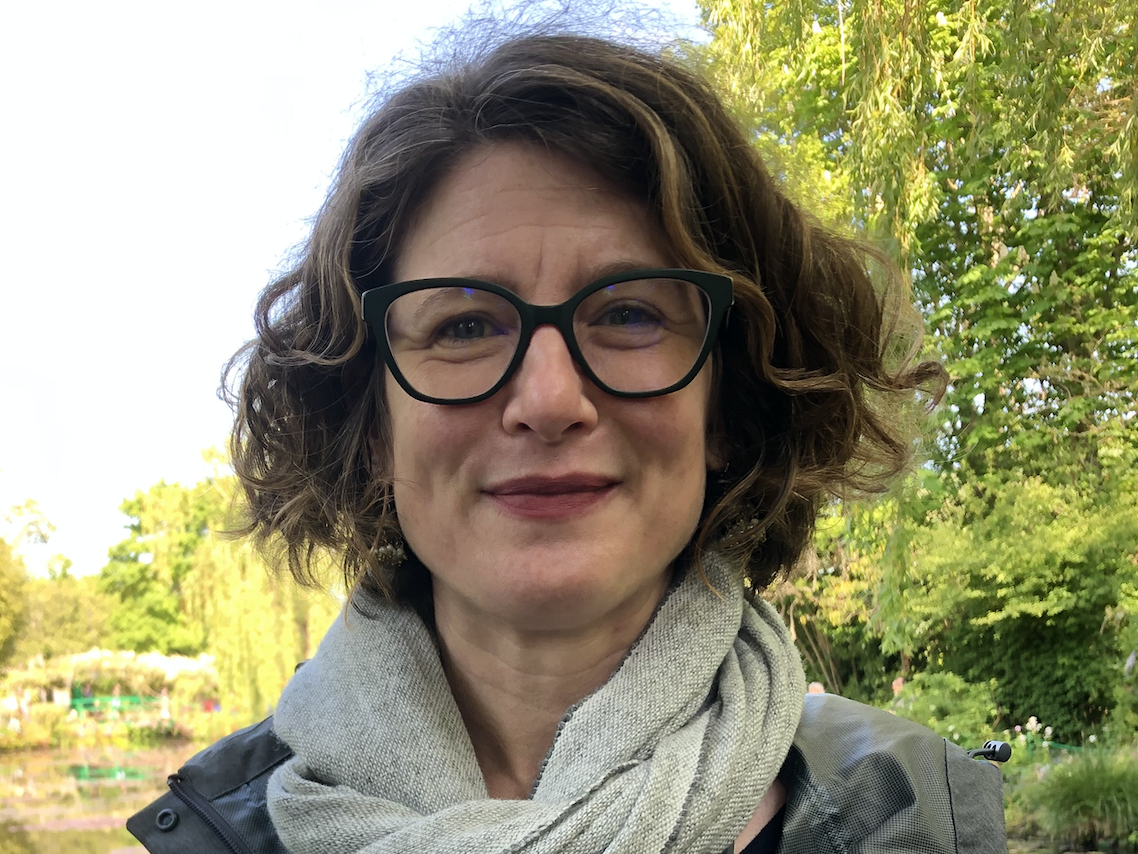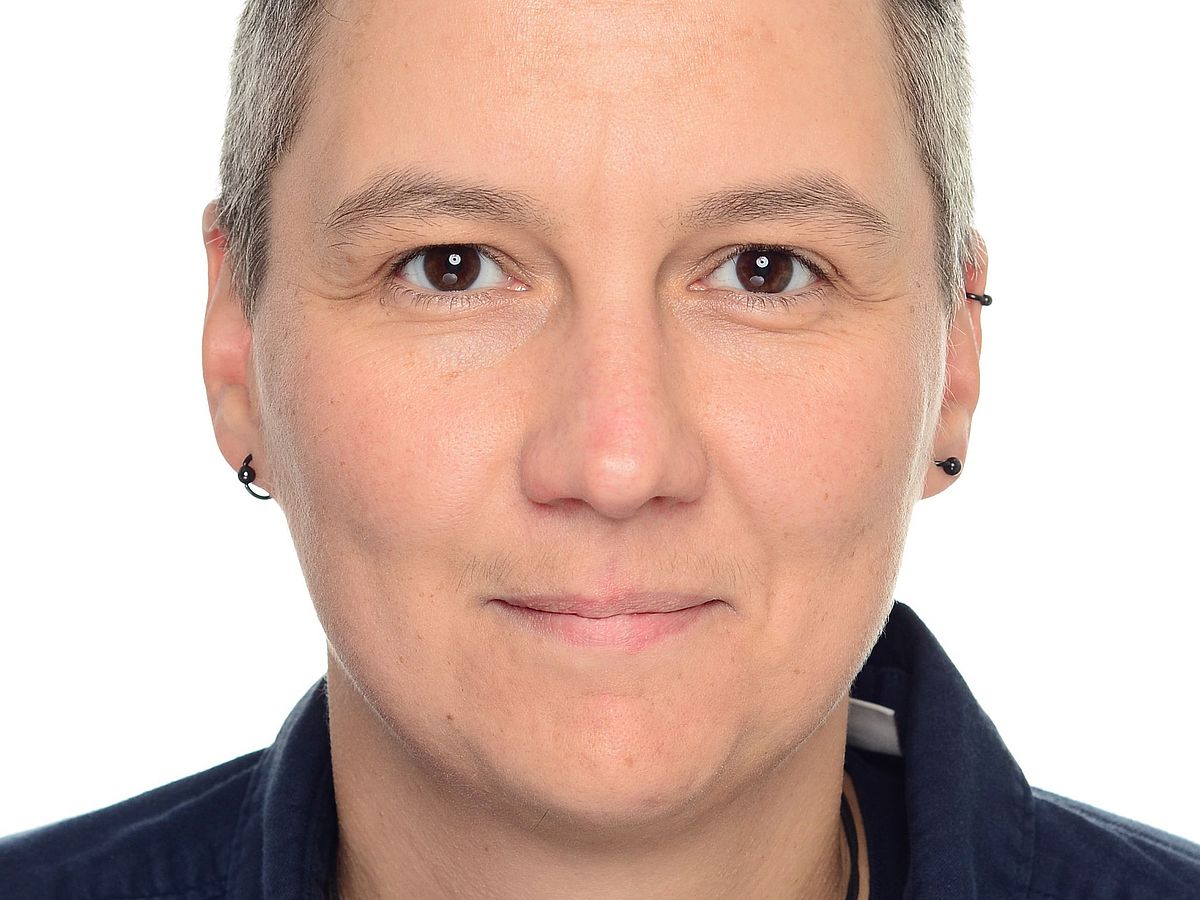Keynotes
Keynote 1 – Wednesday, May 8th, 2022, 18:30 p.m.

MINIMALIST CINEMA AS GREEN CINEMA: THE EXAMPLE OF KIAROSTAMI'S 24 FRAMES
Alice Kuzniar (Waterloo, CND)
| Keynote in English
Kiarostami’s minimalism, especially his last work, a compilation of 24 4½-minute “takes” each digitally expanded from a single photograph, quite simply of birds, cows, or deer, leads us to consider what a sustainable cinema would mean, above all, what is there when human presence is not. How does Kiarostami’s legendary focusing on slight differences, this time of animal life, formulate the aspirations of a green, slow cinema?
Alice A. Kuzniar holds a University Research Chair and cross-appointment in the departments of English and German at the University of Waterloo, Canada. She received her doctorate from Princeton University in 1983 and taught at the University of North Carolina, Chapel Hill from 1983 to 2008, with guest professorships at Princeton, Rutgers, and the University of Minnesota. Her books include: The Birth of Homeopathy out of the Spirit of Romanticism (University of Toronto Press, 2017), Melancholia’s Dog: Reflections on Our Animal Kinship (University of Chicago Press, 2006), and The Queer German Cinema (Stanford University Press, 2000).
Film for Keynote:
| 24 Frames IRN/F 2017, director: Abbas Kiarostami, 114 min, no language (WED. 18.5. / 20:00)
Keynote 2 – Thursday, May 19th, 2022, 17:00 p.m.

CINEMA OF OUR “SLIGHTY FLAWED PLANET”
Jenniffer Fay (Nashville, USA)
| Keynote in English
Plowshare (1958–1973) ranks among the more perverse initiatives in America’s postwar atomic history. From disappearing enemy people in times of war, nuclear bombs would now target the earth itself for the purpose of “peaceful” geographical engineering. Regarding all topography as usable space, Plowshare describes ours as “a slightly flawed” planet that nuclear explosions would correct. Films made by the Atomic Energy Commission promulgated this vision by framing unyielding “nature” as the non-auratic stuff that gets in the way of an emerging neoliberal order.
This talk explores the aesthetic sensibility epitomized by Plowshare and its cinematic promotion. What are the aesthetic features of a slight flaw, especially when it comes to landscapes on film? I consider how postwar "natural" landscapes fit into a new operational and aesthetic regime in which all planetary features are subsumed into the banality of inconvenience and subjected to cinema’s flattening ontology.
Jennifer Fay holds the Gertrude Conaway Vanderbilt Chair in Cinema & Media Arts at Vanderbilt University in Nashville, Tennessee, USA. She is the author of Inhospitable World: Cinema in the Time of the Anthropocene and researches transatlantic film and environmental criticism.
Film for Keynote:
| ERDE AT 2019, director: Nikolaus Geyrhalter, 115 min, German/English/Hungarian/Spanish/Italian, original with German subtitles
Keynote 3 – Friday, May 20th, 2022, 17:00 p.m.


GREENING MEDIA: FROM GREEN PRODUCTION TO SUSTAINABLE MEDIA STUDIES
Judith Keilbach (Utrecht) & Skadi Loist (Potsdam)
For cinema, environmental issues are not just a matter of content. Film production and distribution also have an ecological footprint (waste generation, resource and energy consumption, etc.), which is why various groups are thinking about a more sustainable approach to media.
Following on from this, our talk invites people to reflect on their own cinema and media practice from an eco-critical perspective. As film lovers, how do we contribute to the ecological footprint of the film and media industry – and what strategies can we employ to reduce it? We are interested in efforts towards sustainable production, distribution and reception. Furthermore, we ask how ecological awareness can be strengthened in film and media studies and propose a radical change in the film studies curriculum.
Judith Keilbach is Associate Professor at the Department of Media & Culture at Utrecht University.
Film for Keynote:
| Singin' in the Rain USA 1952, director: Stanley Donen; Gene Kelly, with Gene Kelly, Debbie Reynolds, Donald O’Connor, 103 min, original with German subtitles
Workshops/Round table – Saturday, May 21th. 2022, 13:00, 14:30 and 16:00 p.m.



HOW CAN CINEMA BE MADE MORE SUSTAINABLE?
Sustainability is not a luxury; it makes cinemas fit for the future. Efficient use of (renewable) energy in cinemas is growing more important as electricity, gas and oil prices rise. But this is only one reason why cinemas should see ecological issues as part of their operations. Now and in the long term, sustainable use of resources of all kinds is essential, but sustainability is more than ecology: it also has important social and economic aspects. In this challenge for the industry, community cinemas play a special role. For the first time at the International Bremen Film Conference, in a new event format focusing on practices, we will discuss sustainability as a relevant factor and area of responsibility for community and art house cinemas.
This concerns the fabric of the building, office organisation, the procurement and quality of materials as well as snacks and drinks at the box office. All this and more must be reassessed to make our cinemas as sustainable and fit for the future as possible. The whole event focuses on the cultural venue of cinema as an organic entity.
Workshop 1 // SAT 21.5. / 13:00
| Birgit Heidsiek (FFA Consultant on Green Cinema)
The FFA Consultant on Green Cinema, Birgit Heidsiek, has written a handbook on Green Cinema and is an expert on how cinemas can undergo a thorough ecological and economic analysis to implement sustainable change. In the workshop, she gives an insight into the extensive range of options available to cinemas to make their operations sustainable.
Birgit Heidsiek is editor of Green Film Shooting magazine and has been reporting for years on sustainability in film and media production and Green Cinema.
Workshop 2 // SAT 21.5. / 14:30
| Wolfgang Würker (Capitol Kino Witzenhausen)
The Capitol Kino in Hesse has won the federal state’s Sustainable Cinema Award twice, most recently in 2020 for its comprehensive commitment, ranging from climate-friendly mobility and green energy with electricity from its own photovoltaic system to fair-trade organic food and sustainable banking. In the workshop, Wolfgang Würker presents examples of best practice from his cinema.
Wolfgang Würker, filmmaker, journalist, cinema manager. Co-founder and owner of the Paolo Film Society. Has been managing the cinema Capital Kino in Witzenhausen for several years.
Round Table // SAT 20.5. / 16:00
with Sigrid Kannengiesser, Birgit Heidsiek and Wolfgang Würker
| moderated by Holger Tepe (City 46), 90 min.
In the round table, speakers discuss theoretical approaches, current legal frameworks and practical implementation in cinemas to bring about the much-needed socio-ecological transformation. At the intersection of different fields, we will explore the opportunities and challenges in making cinemas sustainable and fit for the future.
Sigrid Kannengießer is Professor of Communication and Media Studies focusing on media society at the University of Bremen. It is a member of the artec Sustainability Research Center, the Centre for Media, Communication and Information Research (ZeMKI) and the Bremen Research Centre for Energy Systems (BEST).
Birgit Heidsiek is editor of Green Film Shooting magazine and has been reporting for years on sustainability in film and media production and Green Cinema.
Wolfgang Würker, filmmaker, journalist, cinema manager. Co-founder and owner of the Paolo Film Society. Has been managing the cinema Capital Kino in Witzenhausen for several years

